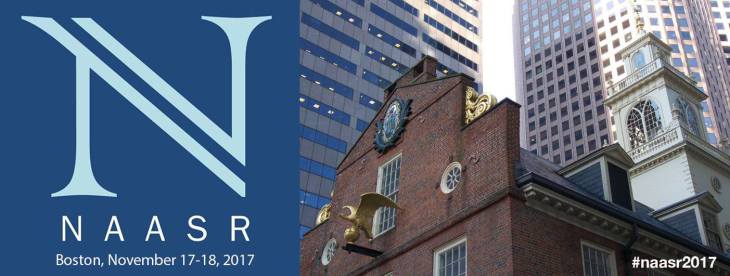 (Photo: The North American Association for the Study of Religion)
(Photo: The North American Association for the Study of Religion)
Some of us here at Culture on the Edge are prepping for The North American Association for the Study of Religion (NAASR) annual meeting that kicks off tomorrow. Part of the meeting is dedicated to “The Things We Study When We Study Religion.” Three sets of panels address what counts as data and how that data is handled — specifically tackling the objects, subjects, and the role scholars in our scholarship (find more info on the NAASR site). At the same time, here on the blog we’ve been reading Rogers Brubaker’s trans: Gender and Race in an Age of Unsettled Identities. In light of the topics being addressed at NAASR, there’s a quote from Brubaker that I find to be relevant and worth mulling over:
“Yet recourse to objectivist language is not simply strategic; it also reflects the deep appeal of essentialist understandings of identity outside the academy. Objectivism is further nourished by the cultural authority of biomedical science.”
While Brubaker goes on to discuss biological research in the study of transgender identity, the above quote is rather apt and quite useful in the broader scope of identity studies as well. Though, there may also be a need to address the essentialist notions of identity that are taken for granted within the academy itself and how authority itself is constituted. In recognizing how authority is constructed it can help remind us to be cognizant of the power that resides in making identity claims to begin with, essentialist claims that nourish objectivism, often taking on a life of their own adding to a broader objectivist language, both inside and outside the academy.

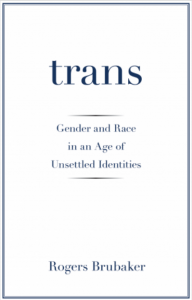
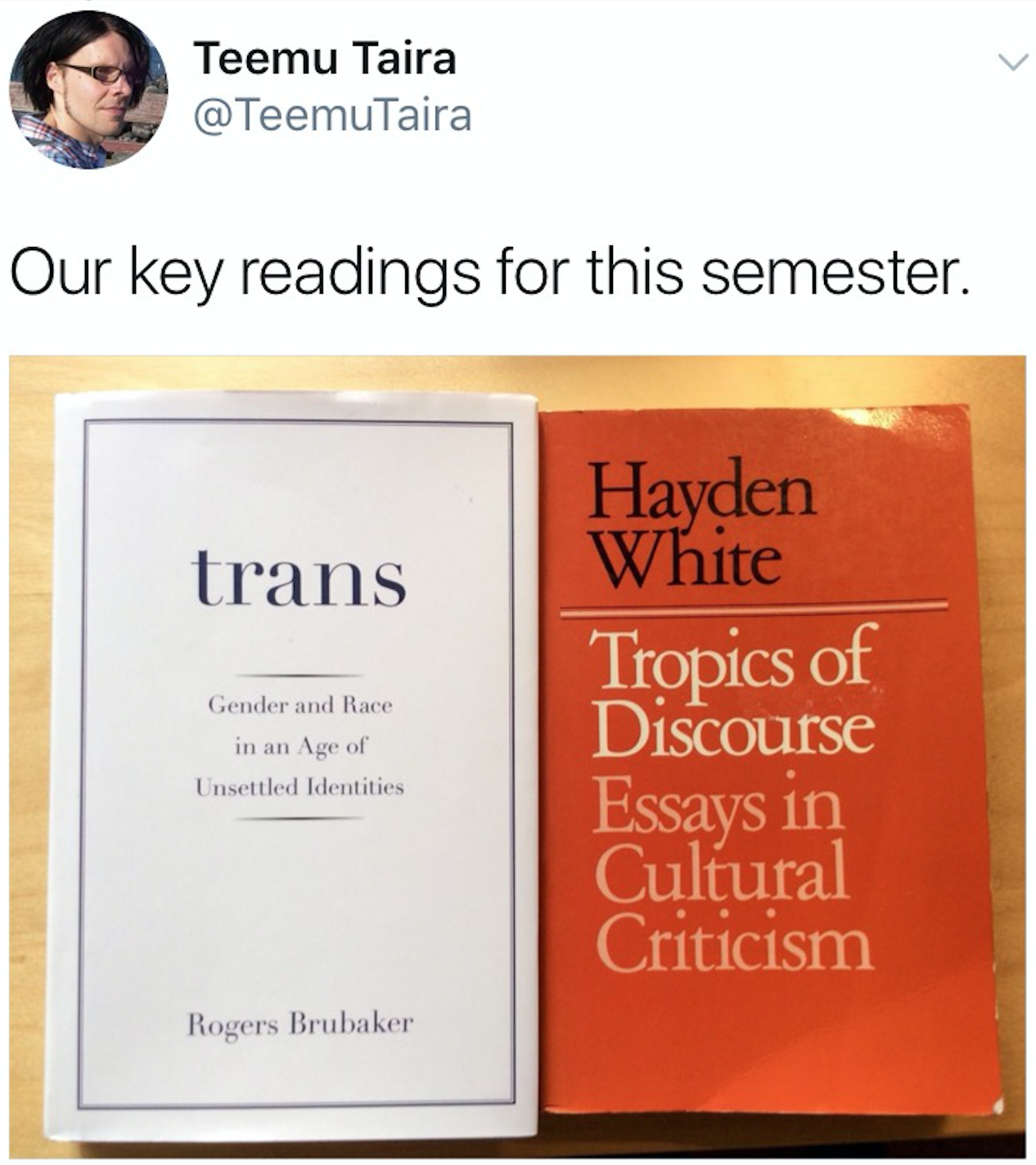
 Indeed.
Indeed. 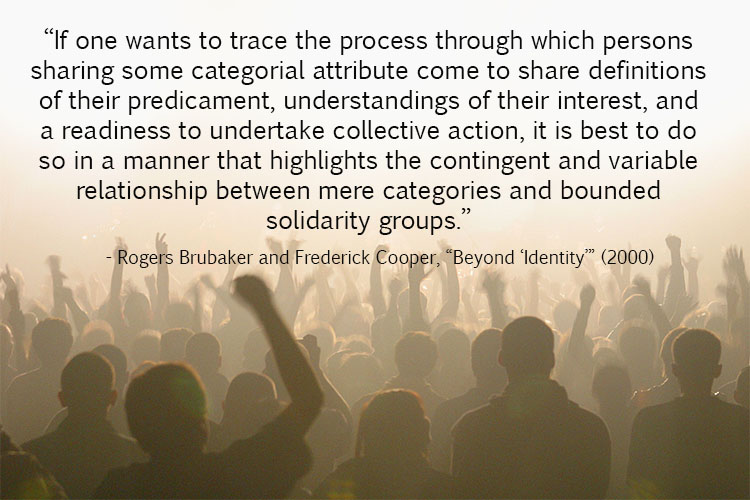 Read
Read 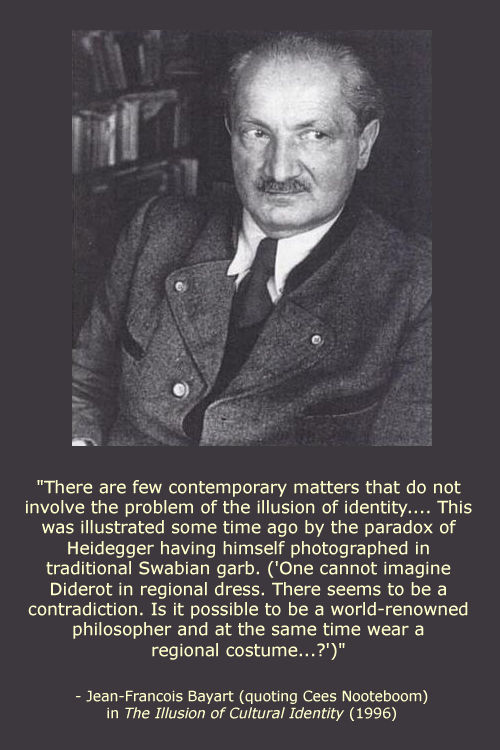 Read
Read 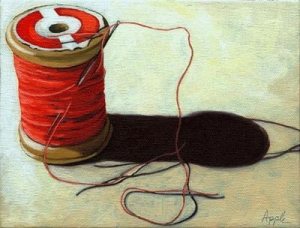 What if we, as scholars, told the following narrative? In the first century there was a man named Jesus who invented a magical spool of invisible thread. He carried the spool with him everywhere he traveled as an itinerant preacher. When those who heard his message accepted it, he would magically partition the invisible thread, handing an end to each new follower. Jesus’ disciples each carried an end of this invisible thread, and everywhere they went they too distributed it. Like the loaves and the fishes Jesus is said to have multiplied to feed the masses, so was the thread multiplied and divided—like a complicated spider web—across the face of the ancient Mediterranean world. In fact, the thread stretched not only across space but across time as well, although it has been divided innumerable times over the last two millennia. Contemporary followers of Jesus in the Catholic, Eastern Orthodox, and Protestant churches hold the thread today at its various temporal and spatial termini.
What if we, as scholars, told the following narrative? In the first century there was a man named Jesus who invented a magical spool of invisible thread. He carried the spool with him everywhere he traveled as an itinerant preacher. When those who heard his message accepted it, he would magically partition the invisible thread, handing an end to each new follower. Jesus’ disciples each carried an end of this invisible thread, and everywhere they went they too distributed it. Like the loaves and the fishes Jesus is said to have multiplied to feed the masses, so was the thread multiplied and divided—like a complicated spider web—across the face of the ancient Mediterranean world. In fact, the thread stretched not only across space but across time as well, although it has been divided innumerable times over the last two millennia. Contemporary followers of Jesus in the Catholic, Eastern Orthodox, and Protestant churches hold the thread today at its various temporal and spatial termini.